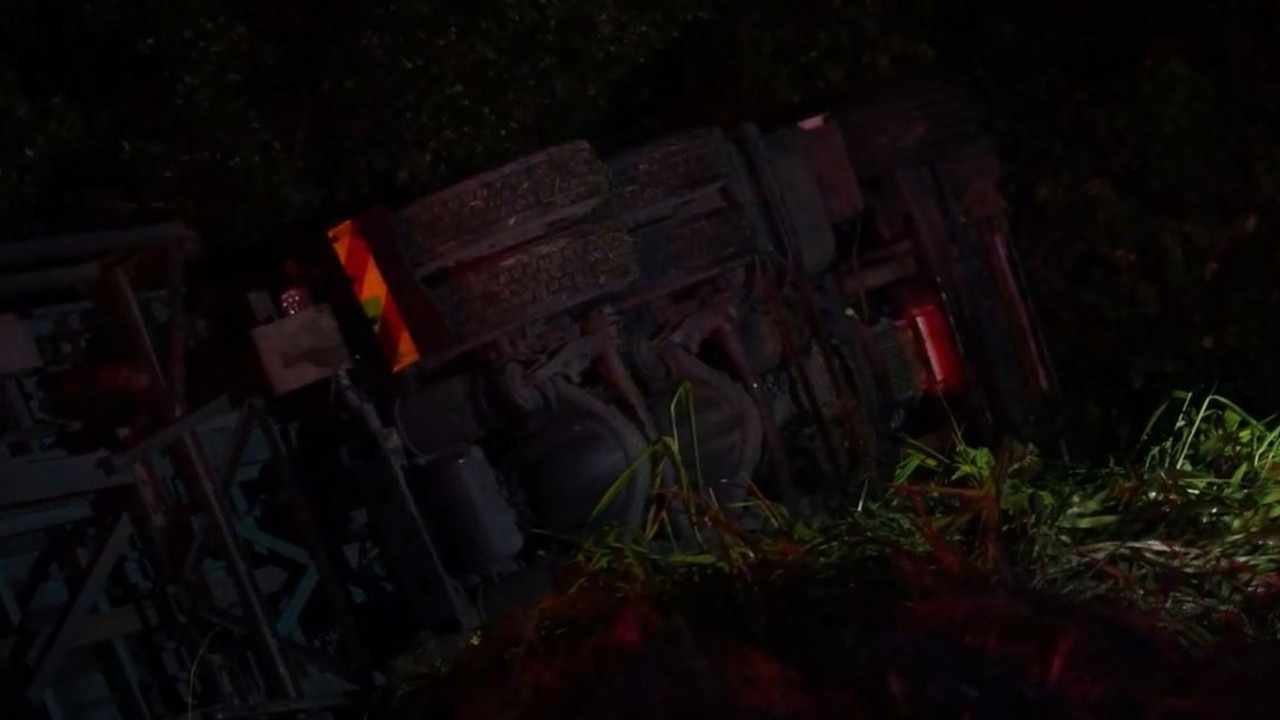Cold case cops seek killer by targeting family tree DNA
Queensland homicide detectives will attempt to reverse engineer a family tree to help them find the man who killed 57-year-old Owen ‘Eddie’ Crabbe more than 40 years ago.

Police & Courts
Don't miss out on the headlines from Police & Courts. Followed categories will be added to My News.
It was a real estate agent who found the battered body of 18-year-old Janelle Cruz – the last known victim of the Golden State Killer – when he arrived to show people through her family’s California home.
Janelle had been raped and beaten to death with a pipe wrench while the rest of her family holidayed in Cancun.
Her murder, in 1986, was the last known act of terror committed by Joseph DeAngelo, a serial killer believed responsible for 13 murders, 51 rapes and 120 burglaries between 1974 and 1986.
It took police decades to find him, despite having the killer’s DNA profile.
A breakthrough finally came when detectives submitted the profile to a popular ancestry website.
The site, GEDmatch, came back with 10 to 20 people who had the same great-great-great grandparents as their killer. They used those people to build a family tree – leading them to disgraced former police officer, DeAngelo.
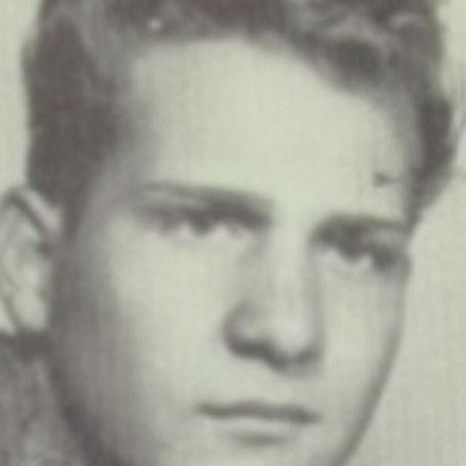
Now, police around the world are doing the same thing – including in Queensland.
Detectives from the Homicide Investigation Unit’s cold case team will attempt to reverse engineer a family tree to help them find the man who killed 57-year-old Owen “Eddie” Crabbe more than 40 years ago.
Detective Senior Sergeant Tara Kentwell said the murder of Mr Crabbe was “definitely solvable” and police were sifting through information gleaned from a recent public appeal and the announcement of a $500,000 reward.
“It’s definitely solvable and we can solve it through genetic genealogy,” she said.
“And there aren’t many cases that can be solved like that in Queensland.”
Mr Crabbe was found dead in his Gold Coast hotel room on May 31, 1982.
The Paddington father-of-one had split with his wife more than 10 years earlier and had told his family he was gay.
He had told a friend he was planning to spend the weekend at the Gold Coast with a friend named Michael. He had booked into Beachcomber Apartments, telling staff there were two adults staying in the room.
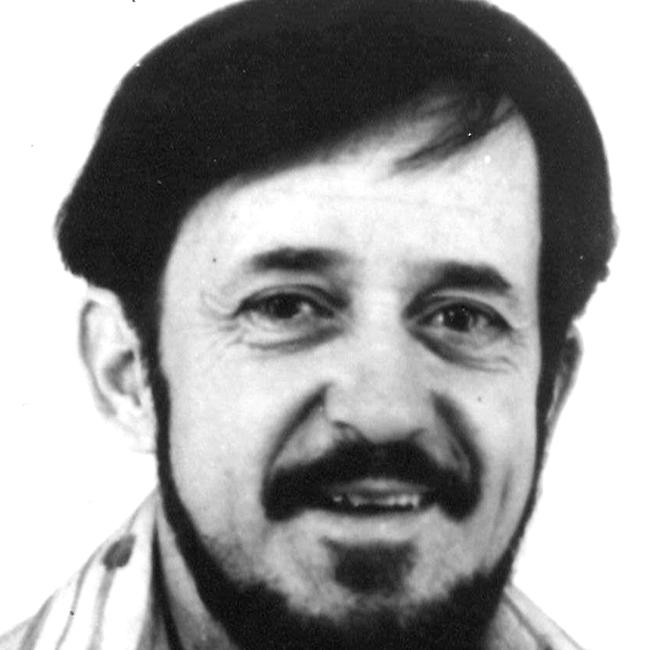
Mr Crabbe was last seen alive at Connexions Night Club around 12.30am Sunday.
His body was found by cleaning staff on Monday morning with a stab wound to his neck and facial injuries.
Det Sen Sgt Kentwell said police believed Mr Crabbe put up a “strong fight”, leaving his killer with severe injuries. A large amount of the killer’s blood was found in the room.
“We’ve got an unknown DNA profile, so we are trying to identify the person through building a family tree,” she said.
Leading Australian genetic genealogist Louise Coakley said people who submit their DNA to family tree websites could not automatically have their information accessed by police.
Instead, people had to “opt in” if they wanted to help investigators solve serious crimes or identify unidentified remains to provide answers in missing persons cases.
Ms Coakley said there were five main genealogy websites but only two sites that police could access – and only if users have allowed access.
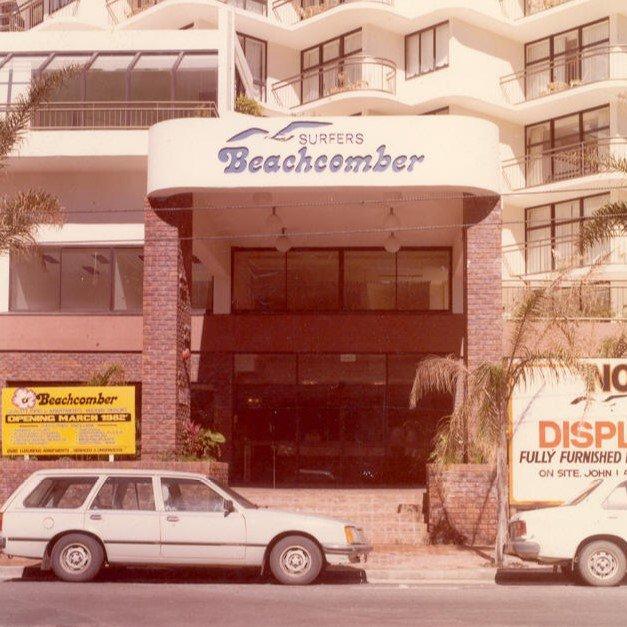
One of those, GEDmatch, is not a testing site but instead is a place where people can upload their DNA profile to find matches across all other ancestry or genealogy sites.
She said anyone who wanted to help police solve cold case murder investigations and other serious crimes should upload to GEDmatch and “opt in” to allow law enforcement access.
“The awareness is extremely low in Australia and New Zealand,” she said.
“We have a big interest in true crime stories and wanting to help police solve those cases but I don’t think there’s much awareness that you can help really easily if you’ve done a commercial DNA test for genealogy.”
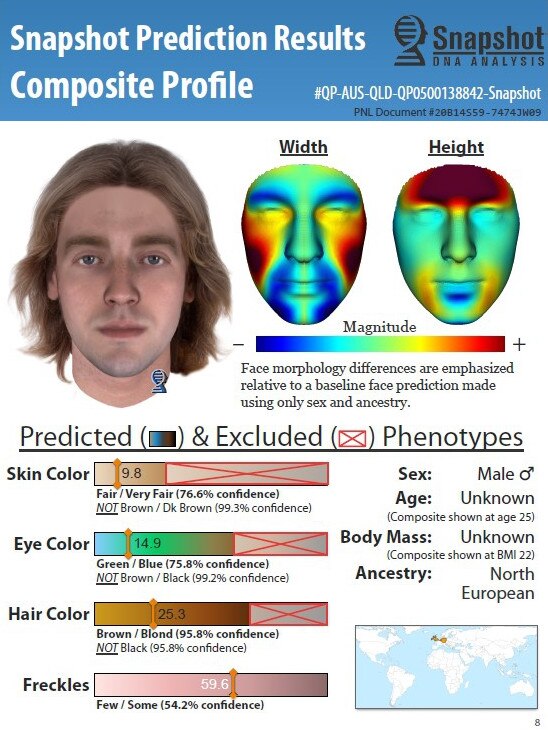
Ms Coakley said she was sure “every police agency in the world” was using genealogy as an investigative tool after it was successfully used to catch the Golden State Killer.
Det Sen Sgt Kentwell said police wanted to hear from anyone with information about Mr Crabbe’s murder – no matter how insignificant they believed that information to be.
“A lot of people have come forward,” she said.
“But we still need more people to upload their DNA information to these websites to assist us in finding the perpetrators of these crimes.”
Crime Stoppers: 1800 333 000.




